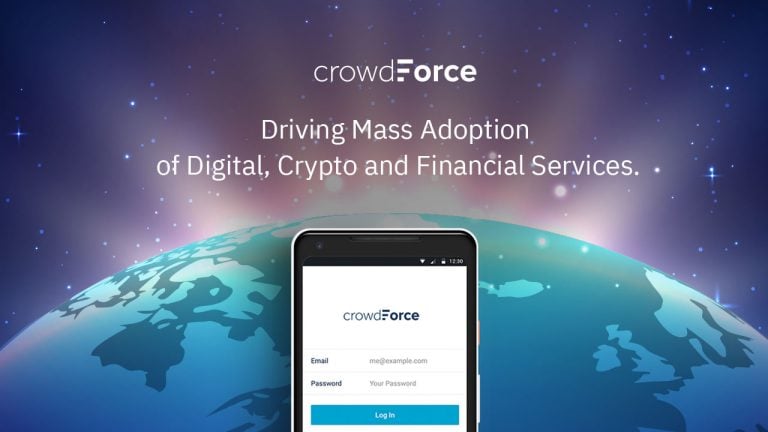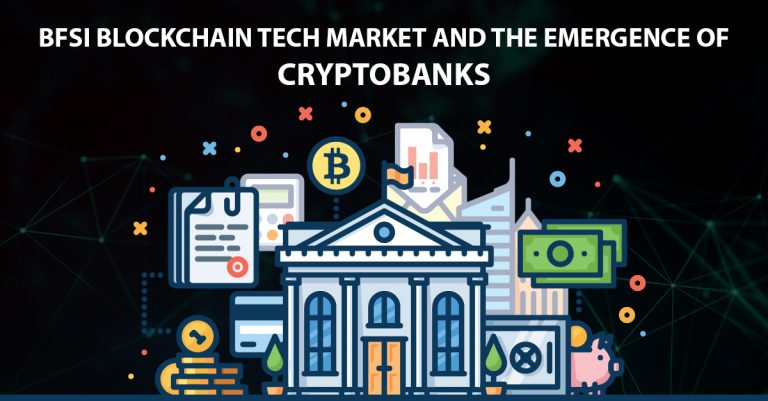2018-10-24 22:34 |
The Euro Banking Association is confident that the implementation of distributed ledger technology can solve challenges facing the banking industry. In fact, they believe that this technology could potentially increase the efficiency of service delivery and compliance with legal requirements.
Banking halls are characterized by long queues. To get served in time, clients must be punctual. In addition, there is a significant amount of paperwork involved in almost every service given by the banks. While phoning is seemingly a more convenient alternative, customers have to answer a series of ‘security questions' before getting served. These are the issues that the EBA believes can be solved by distributed ledger technology.
Advantages Of Distributed Ledger TechnologyBesides the challenges mentioned above, the EBA also maintains that the deployment of DLT could assist in adhering to Know Your Customer (KYC) procedures and the resultant data management. In this regard, the association reported that the existing methods are costly to financial institutions and deemed unsatisfactory by clients.
Jose Vicente, head of the EBA Cybertechnologies Working Group, said that the financial institutions that use a DLT-based data sharing system vastly improve on the integration of data and have a reduced frequency of errors. Moreover, customers are not required to submit their KYC documentation every time they require a particular service.
Additionally, Vicente explained how DLT can assist in complying with regulations. Typically, regulatory authorities require financial institutions to regularly update them on various developments. DLT can automate this reporting and even make it more efficient and immutable.
Importance Of Blockchain TechnologyBlockchain technology is the most reliable means of keeping records because of its inalterability. Therefore, it is the ideal solution for companies who are overly dependent on paperwork in their daily activities. In the financial sector, the implementation of blockchain technology could bring a solution to document loss, fraud, and other common problems. Indeed, the World Bank Group recently earmarked the technology as a key factor in achieving global financial inclusion.
origin »Advanced Technology Coin (ARC) на Currencies.ru
|
|






















